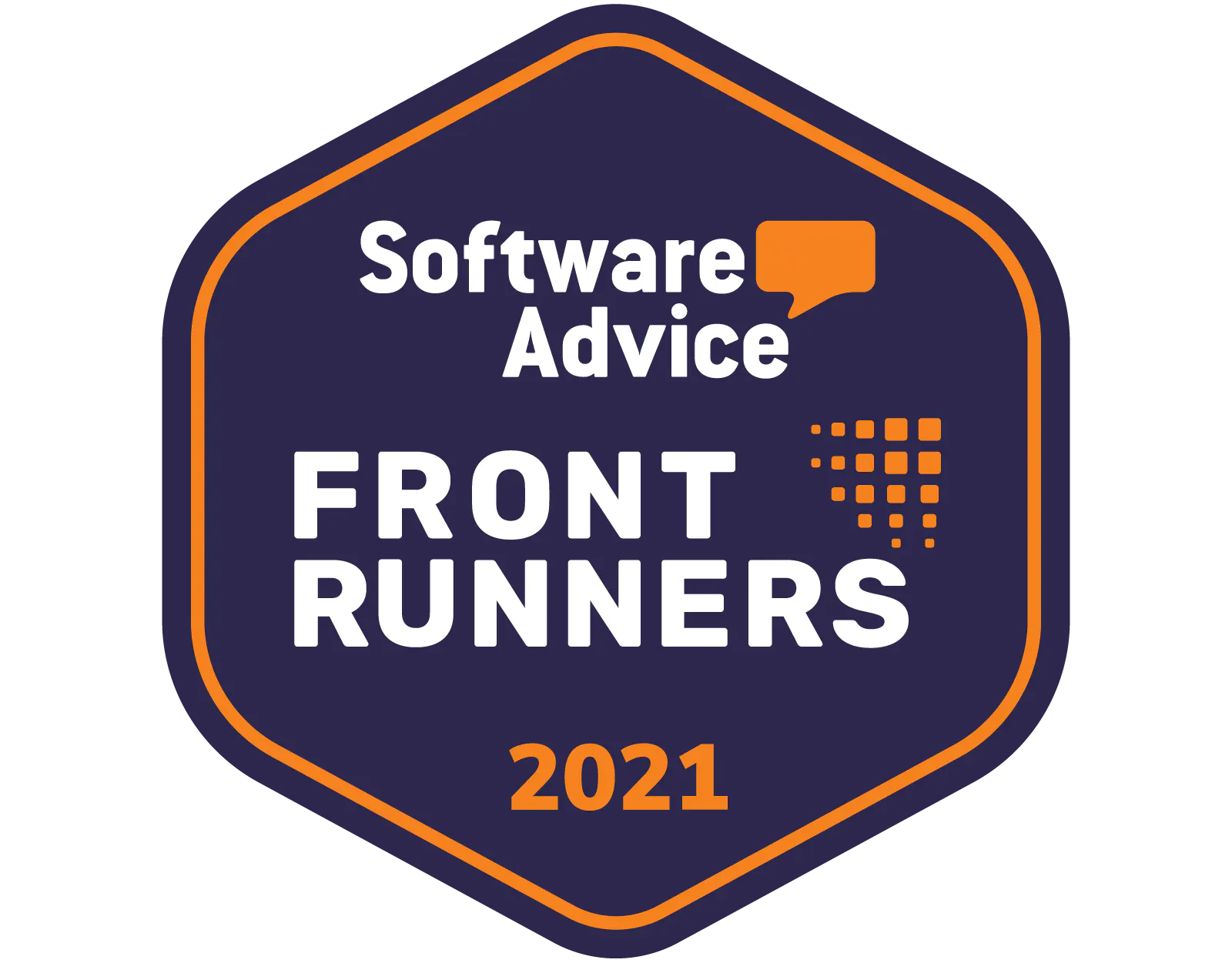UpKeep AI Suggestion
Search Results
How is technology disrupting the healthcare industry?
Want to keep reading?
How IoT Works: The Four Factors That Make IoT Possible
The IoT, Internet of Things, is a system of multiple parts such as computers, machines, mechanical systems, and more that send data through a network.
IoT Sensors: 5 Types and How They Work
Industrial Internet of Things sensors collect information from critical equipment and assets, trigger pre-set limits, and communicate data
How does facilities management support compliance in health care facilities?
Facilities management can help health care facilities track data that affects the organization’s emergency preparedness, infection control, and more.
4,000+ COMPANIES RELY ON ASSET OPERATIONS MANAGEMENT
Leading the Way to a Better Future for Maintenance and Reliability
Your asset and equipment data doesn't belong in a silo. UpKeep makes it simple to see where everything stands, all in one place. That means less guesswork and more time to focus on what matters.


![[Review Badge] GetApp CMMS 2022 (Dark)](https://www.datocms-assets.com/38028/1673900459-get-app-logo-dark.png?auto=compress&fm=webp&w=347)
![[Review Badge] Gartner Peer Insights (Dark)](https://www.datocms-assets.com/38028/1673900494-gartner-logo-dark.png?auto=compress&fm=webp&w=336)

Technology is changing the way healthcare providers assist patients through telemedicine, remote monitoring, advanced treatments, 3-D printing, and record-keeping.
Technology has the potential to completely revolutionize healthcare, but the industry is slow to modern advances. This is largely due to cultural and governance factors within the industry.
With the changes the new technologies listed below promise, they’ll likely cause significant disruption to the industry as a whole upon adoption.
5 ways technology is revolutionizing healthcare
The following technologies show promise for revolutionizing healthcare:
1. Telemedicine
Instead of meeting with a doctor face-to-face, patients are able to hold doctor visits over the phone, allowing them to get diagnoses and prescriptions, without having to leave home. In addition, doctors are able to connect with specialists remotely, saving time and expenses of in-person visits.
2. Remote monitoring
Wearable devices make use of IoT technologies to help healthcare providers keep an eye on their patients. Sensors can transmit data on heart rate, temperature, blood pressure, patient movements, and so forth, making nurses’ jobs much easier. IoT also transforms different industries through remote monitoring.
3. Advanced treatments
New technology enables people to receive treatments in ways that would normally require more painful or risky methods. For instance, digital therapeutics, called “digiceuticals,” use software to help treat conditions such as high blood pressure without the use of drugs.
4. 3-D printing
3-D printing has seen significant advances in recent years, and it has serious implications for the healthcare industry. This technology has been used to personalize prosthetics, create new body tissue, and accomplish other medical tasks.
5. Record-keeping and administration
Only 35% of healthcare providers in the United States have adopted electronic medical recordkeeping, but it has the potential to improve healthcare throughout the nation. Not only can records be kept digitally, but also check-in kiosks at hospitals make recordkeeping and administration much easier and more reliable for providers.
Bringing healthcare into the modern age
The process of bringing this new technology into more common use will probably involve disrupting the overall culture present in the healthcare industry. Likely, it will take efforts from healthcare organizations, legislators, and forward-thinking providers to increase the adoption of these technologies and bring medical care into the modern era.